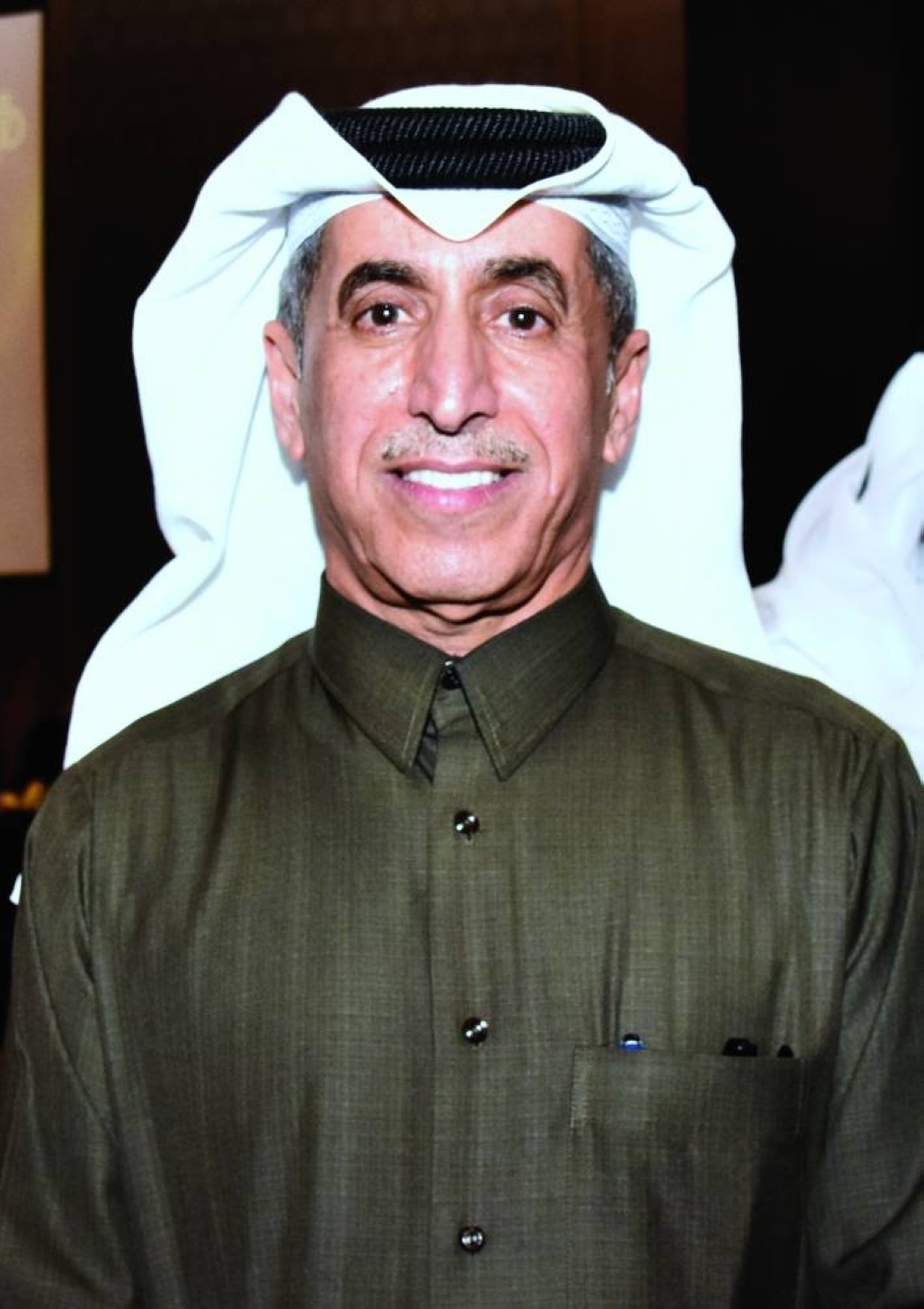HE the Undersecretary of the Ministry of Education and Higher Education (MoEHE) Dr Ibrahim bin Saleh al-Naimi said that Qatar has prioritised the application of 'Green Education' concept as part of its efforts to achieving sustainable development and supporting national efforts towards the environment, through a package of purposeful policies, programmes, activities and events.
Addressing the Conference of Green Education and Sustainable Development, which was held on the sidelines of COP28 in Dubai, he explained that these policies, programmes and activities include the integration of school curricula in addressing environmental education concepts; encouraging research related to environmental challenges and sustainability; supporting digital transformation to protect the environment by reducing the consumption of paper resources; and promoting digital transformation in schools and universities, to name a few.
He also presented the ministry's efforts to promote green education and develop awareness of sustainability and environmental issues through integration between school curricula in addressing environmental education concepts under the slogan "Towards a Generation Familiar with Environmental Issues"; focusing on issues of environmental appreciation, maintaining environmental balance, protecting the environment from pollution; rationalising and investing in environmental resources, promoting cleanliness and public health, promoting green education, developing awareness of sustainability and environmental issues, and other relevant, purposeful activities at various academic levels in accordance with the characteristics of each age stage of students.
He also reviewed the challenges facing the world represented by climate change, loss of biodiversity, pollution, epidemics and other challenges, noting that the shift towards a more sustainable future depends largely on developing the minds of emerging generations with an understanding based on belonging, respect and responsibility to effectively preserve and develop the environment.
HE Dr al-Naimi also participated in a panel discussion on the role of the knowledge based economy in promoting the economic diversification of Qatar, which was held as a side event in the pavilion of the State of Qatar participating in COP28.
He underlined integrating green skills into educational curricula to raise a generation of students ready to contribute to sustainable development, indicating the importance of identifying priority green skills that must be integrated into various academic disciplines, and understanding the green skills required currently and in the future.
He gave example with the model of the European Union and several other countries in identifying green skills that are in high demand to form a vision for the future economy. This proactive approach contributes to reshaping educational curricula to keep pace with evolving needs over time, he said.
HE the Undersecretary also spoke about the requirements for including green skills in educational curricula through targeted courses and multidisciplinary programmes in a comprehensive manner, pointing out that climate change is characterised by multidisciplinary pluralism, and the focus should not only be on the natural sciences, but rather on the social, financial, and engineering, architecture sciences, and the liberal arts alike.
His Excellency stressed the importance of joint work between educational institutions, companies and the government, and the necessity of companies identifying the green skills they need in the future. Governments must identify the green skills necessary for climate goals in development plans and those required for future goals after 2030, he explained.
He added that understanding the type of skills required to achieve current and future climate goals, enables the Ministry of Environment and Climate Change and the Ministry of Education and Higher Education to work together, thus making the education system capable of producing students equipped with the right green skills to help preserve the environment and meet future challenges.
He also highlighted the importance of aligning environmental justice with education so that education programs can address differences and ensure a fair provision of green skills, especially with regard to vulnerable and marginalized communities and groups, stressing the need to promote environmental justice through comprehensive policies and initiatives that include diverse groups of actors in developing and implementing green skills programmes.
Representatives of the Ministry of Environment and Climate Change, Qatar University, the UN Educational, Scientific and Cultural Organization (Unesco), the Qatar Foundation for Education, Science and Community Development, and the Education Above All Foundation participated in the discussion panel.

HE Dr Ibrahim bin Saleh al-Naimi
